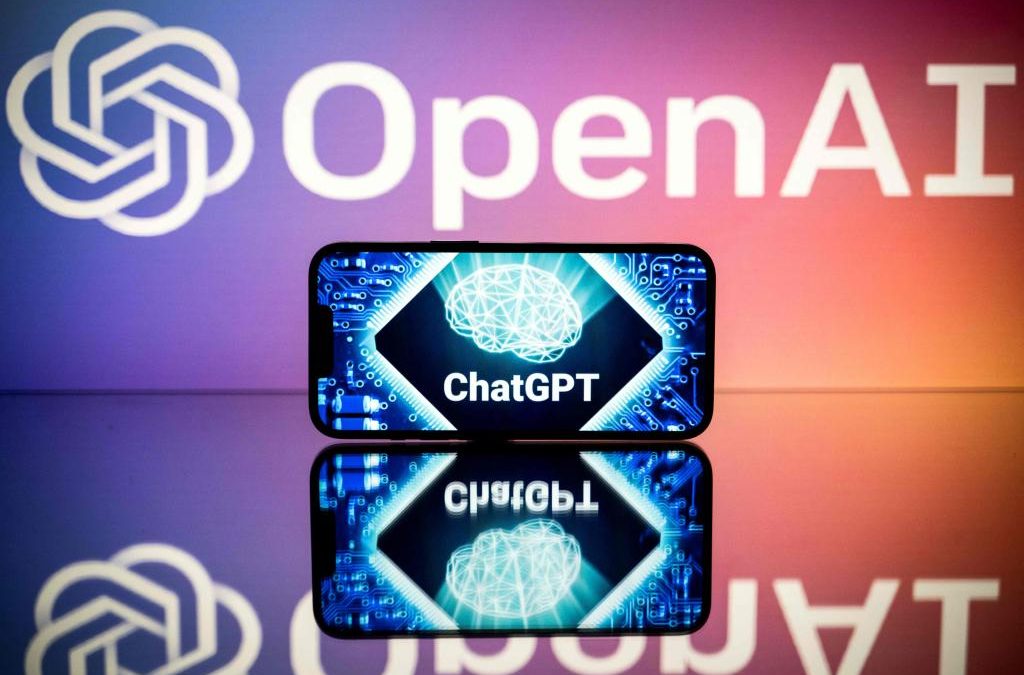ChatGPT creator OpenAI is on track to amass more than $1 billion in revenue over the next 12 months as more companies sign up to use its revolutionary chatbot, according to a report.
The Microsoft-backed artificial intelligence firm is earning more than $80 million in revenue per month, The Information reported on Tuesday, citing a person with direct knowledge of the situation.
OpenAI’s revenue growth has surged in the months since ChatGPT’s release to the public last November. The firm lost approximately $540 million last year while building ChatGPT, according to the report.
As of March of this year, OpenAI had “between 1 million and 2 million ChatGPT subscribers paying $20 per month,” the source reportedly added.
It wasn’t immediately clear how much of OpenAI’s windfall is coming from ChatGPT subscriptions. The company also sells companies access to its application programming interface, or API, so that developers can make use of the technology.
ChatGPT and other chatbots have many potential uses in the business world, from writing code to streamlining customer service and beyond. Some experts have warned the technology will cause major upheaval in the job market.
The Post has reached out to an OpenAI representative for comment.

ChatGPT, a so-called “large language model,” has built a massive following since its release last November, wowing the public with its ability to generate human-like responses to a wide variety of prompts.
At the same time, OpenAI has faced intense scrutiny from critics who are wary about its potential impact on society.
A recent study conducted by academics from the University of East Anglia found that ChatGPT has a “significant” bias toward liberal viewpoints, including the Democratic Party and left-leaning leaders in other countries.

In February, ChatGPT refused a prompt to write a story about Hunter Biden in the style of the New York Post but accepted a request to do so as if it were left-leaning CNN.
As The Post reported, experts are also concerned that ChatGPT and other AI technology, such as deepfake photos, will fuel the spread of misinformation during the 2024 presidential election cycle.
ChatGPT’s success prompted a surge in competition among Big Tech firms to develop chatbots and other, more advanced AI tools. Google has since released its own chatbot, called Bard, to mixed reviews.
Source




